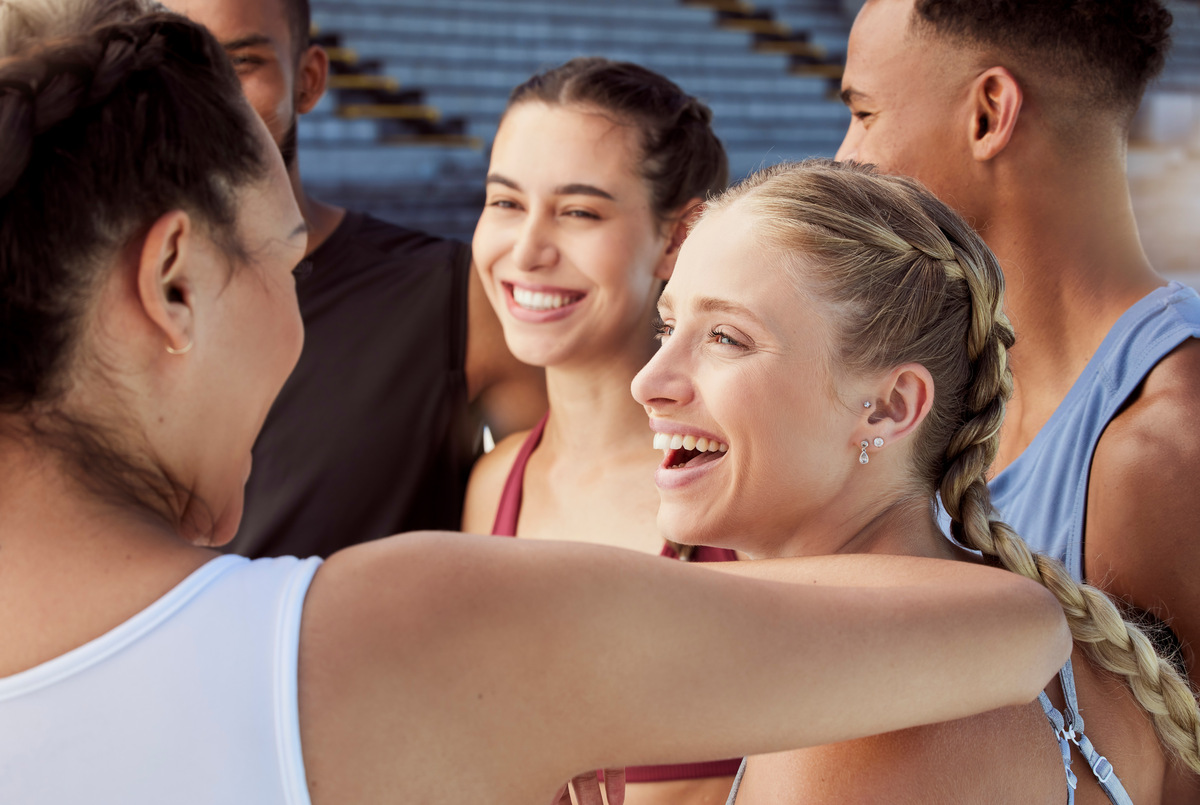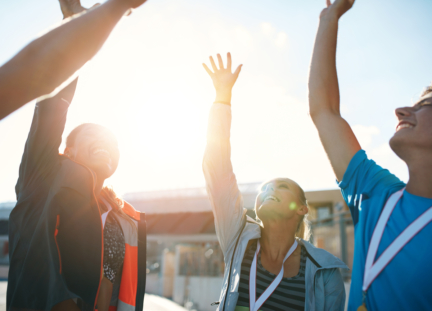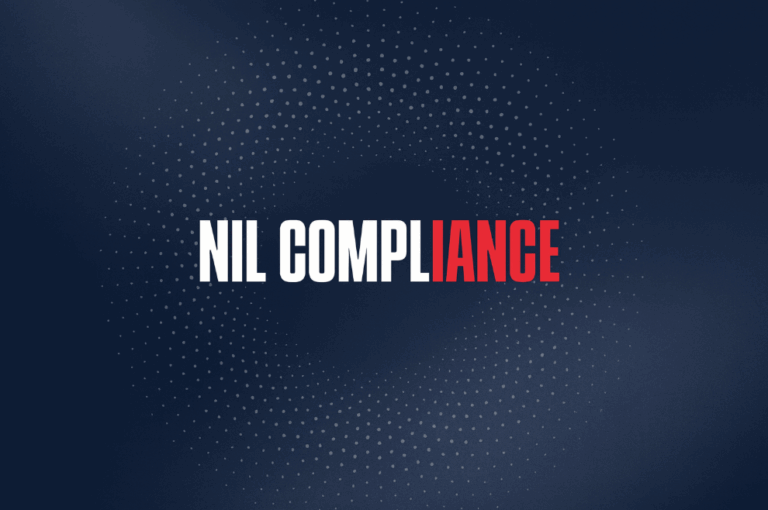The NCAA’s Name, Image, and Likeness (NIL) era has reshaped college sports over the past four years. Thousands of U.S. student-athletes have been able to earn income through endorsement deals, autograph sessions, merchandise sales, personal brands, and social-media partnerships. NIL Rules International Athletes
But roughly 25,000 international student-athletes, who represent about 12% of all NCAA participants, face a very different reality. Due to long-standing federal immigration regulations, most international student-athletes cannot legally participate in NIL activities while inside the United States. This has left a large portion of the college athlete population without access to the same opportunities as their U.S.-based teammates.
Why International Athletes Face Restrictions
International student-athletes typically hold F-1 nonimmigrant student visas, which limit the types of paid activities they can perform while in the U.S. Federal immigration rules classify most NIL activity as “work,” including:
- Posting paid promotional content
- Signing endorsement deals
- Appearing at paid events
- Participating in brand activations
- Selling or promoting personal merchandise
Because those activities are not authorized under F-1 student status, international student-athletes generally cannot accept NIL compensation for work performed while in the U.S. NIL Organization Tools
Violating these rules can result in serious consequences, including:
- Loss of visa status
- Removal from the U.S.
- Future visa complications
As a result, many university athletic departments advise their international student-athletes to avoid U.S.-based NIL activity entirely to protect their immigration status.
Social Media Review Requirements
Visa applicants are required to provide their public social media handles during the standard application and renewal process. This requirement is broad and applies to many categories of visa applicants—not just athletes.
For international student-athletes with large followings, this means:
- NIL-related promotional posts may be reviewed as part of routine vetting
- If those posts tie directly to compensation earned in the U.S., they could be considered unauthorized work
This added layer of visibility has made both athletes and compliance departments more cautious, especially with deals that rely heavily on social media promotion. NIL Power Players Women
Where International Athletes Can Earn NIL
Despite the limitations, there is one pathway that remains fully compliant:
International student-athletes may earn NIL compensation abroad.
This includes:
- Completing NIL activities while physically outside the U.S.
- Signing deals with companies based in their home countries
- Being compensated for promotions conducted entirely outside U.S. borders
- Depositing funds into foreign accounts tied to work performed overseas
This “international-only NIL model” has become the safest option available until broader regulatory updates occur. NIL Top Success
Proposed Legislative Fix
A bipartisan proposal called the Name, Image, and Likeness for International Collegiate Athletes Act (H.R. 7982) was introduced in 2024.
The bill would amend the Immigration and Nationality Act to allow F-1 student-athletes to receive NIL compensation while maintaining academic progress and eligibility. NIL Privacy Risks
The legislation remains in the early stages, and no substantive action has occurred yet.
The Bottom Line
The NIL landscape continues to expand rapidly, but international student-athletes are still navigating a complex and restrictive environment due to federal visa rules. Until there is updated guidance or legislative change, most international athletes will need to avoid U.S.-based NIL activity and rely on opportunities abroad to maintain full compliance.
For universities, brands, and athletes, understanding these restrictions is essential to protecting eligibility, visa status, and long-term opportunities. NIL Women S Basketball Empowering Female Athletes
Learn More About the NIL Landscape
Name, Image, and Likeness plays an increasing role in college sports, and understanding how it works often requires more than individual articles or news updates.
RallyFuel is a platform focused on NIL-related topics across college athletics. It brings together information about athletes, NIL activity, and the broader structure behind modern college sports, helping readers explore the topic in more depth.






Leave a Comment